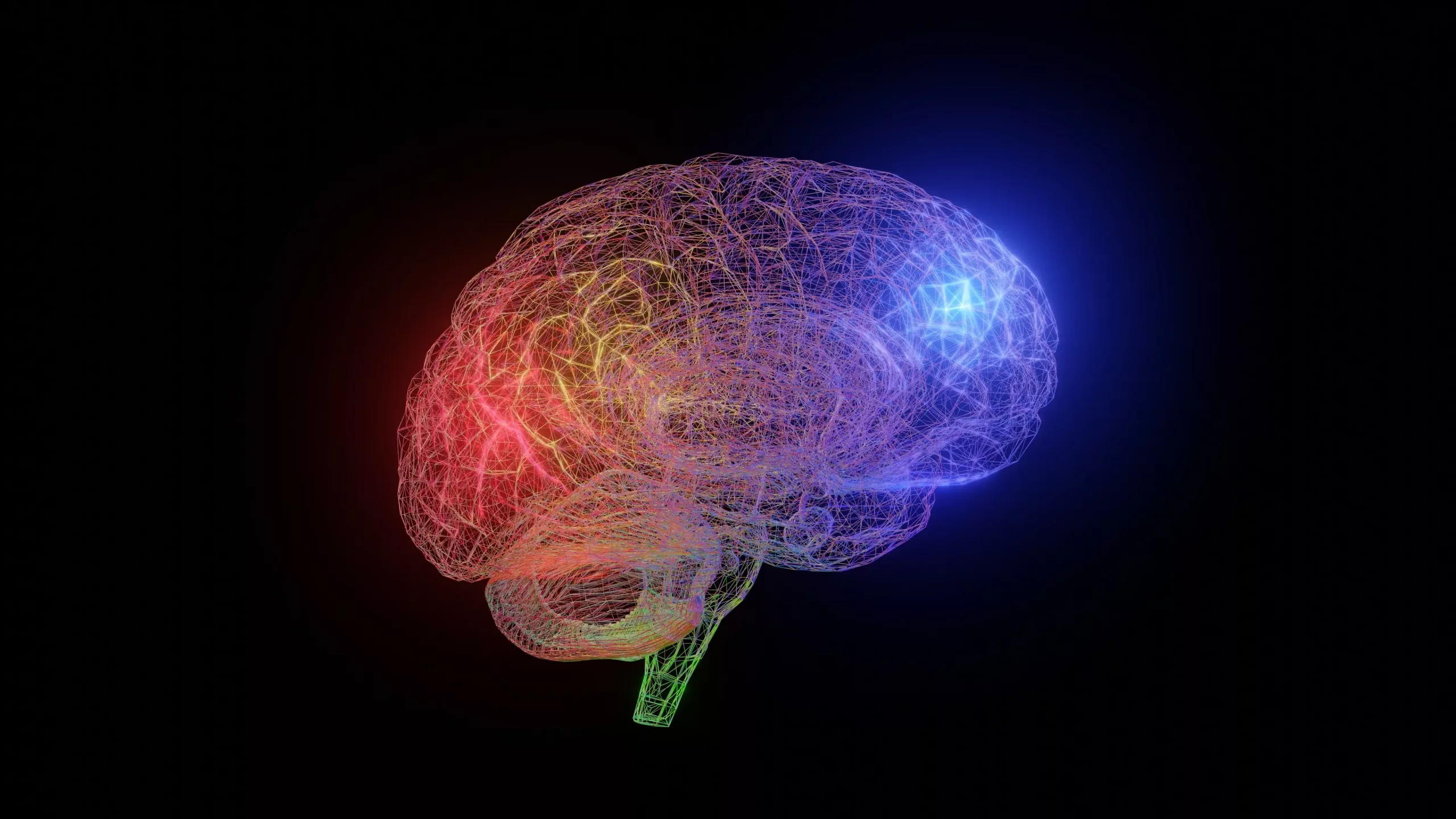According to the American Psychiatric Association’s annual poll, 70% of adults in the United States report feeling anxious or extremely anxious about their own and their family’s safety. This number is 6% higher than in the past two years, although lower than during the early stages of the pandemic in 2020. The Healthy Minds Monthly series, conducted by the APA in collaboration with Morning Consult, explores anxiety levels regarding current events. In the past month, the percentage of adults who feel very anxious about gun violence has risen by 5 points to 42%.
The poll found that nearly 37% of adults feel more anxious than they did at the same time last year, which is higher than in 2022 but lower than in 2021 and 2020. Additionally, about half of adults feel the same as the previous year, while 30% have talked to a mental health care professional about mental health issues, a slight increase from 2022.
The poll also asked about anxiety levels concerning several key issues, including personal and family safety, identity theft, health, finances, climate change, the opioid epidemic, and emerging technology. Respondents were most anxious about keeping themselves and their families safe.
APA President Rebecca W. Brendel, M.D., J.D., notes that even as the public health emergency winds down, people continue to experience anxiety about their safety. She believes this ongoing stress about basic needs can lead to negative mental health effects and emphasizes the importance of psychiatrists continuing to work with communities, the mental health field, and policymakers to ensure access to care for those in need.
The poll also explored views on mental health treatments involving substances previously banned, such as cannabis, psychedelics, and ketamine. Half of U.S. adults reported familiarity with the treatments, with younger people more likely to be aware of them. Half of adults said they would be likely to consider a mental health treatment involving cannabis or marijuana, while a majority said they were unlikely to consider treatments involving psychedelics or ketamine.
In addition, over two-thirds of American adults believe that children and teens have more mental health problems than they did a decade ago, with parents expressing concerns about their children’s use of technology and mental state.
The majority of respondents believe that a person’s mental health has a significant impact on their physical health, family, and the economy. However, one in three respondents would not vote for a candidate with a mental illness, an increase from 2022.
APA CEO and Medical Director Saul Levin, M.D., M.P.A., believes that the majority of the public now understands that mental health is as essential as physical health. He encourages the mental health field to continue to spread this message and reassure those experiencing mental health concerns that help is available. The poll was conducted between April 20-22, 2023, among a sample of 2,201 adults, with a margin of error of plus or minus 2-3 percentage points.




Leave A Comment